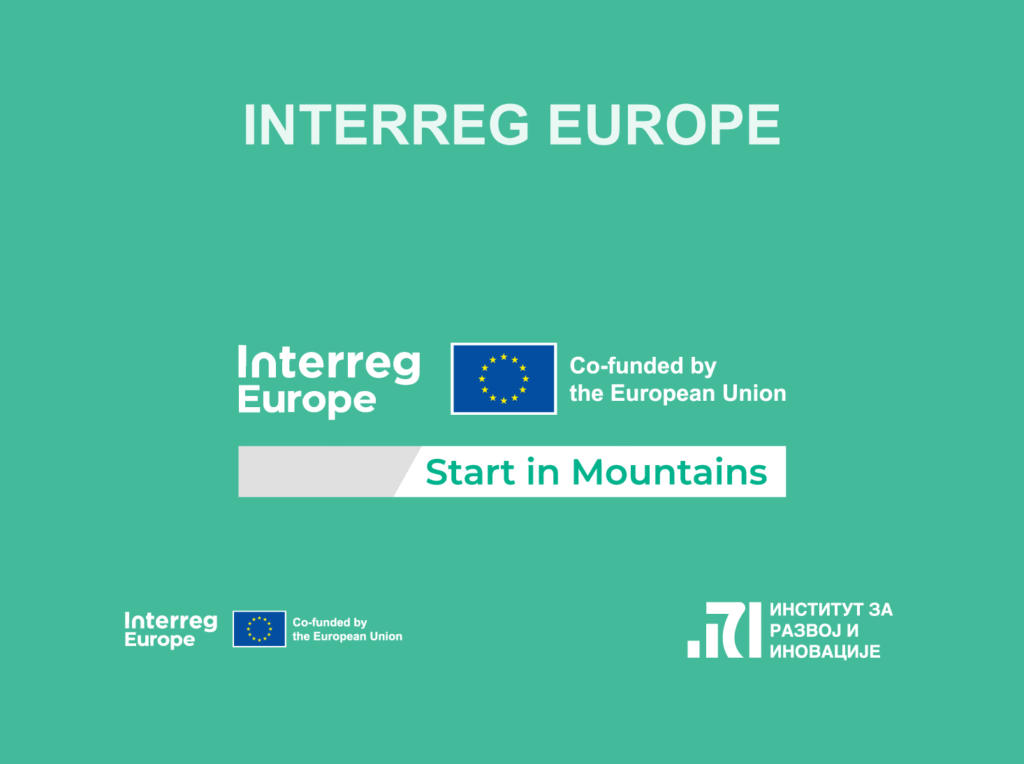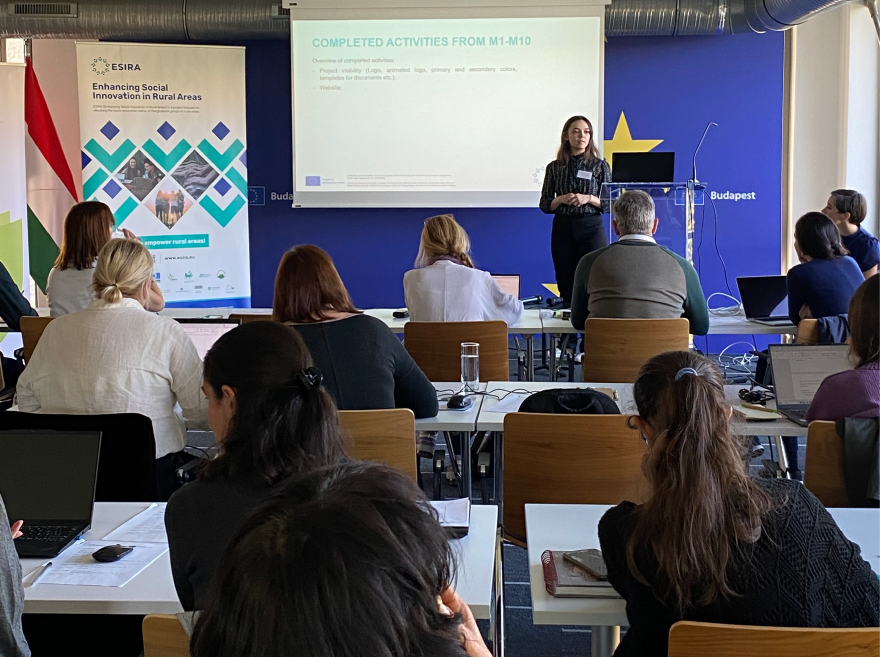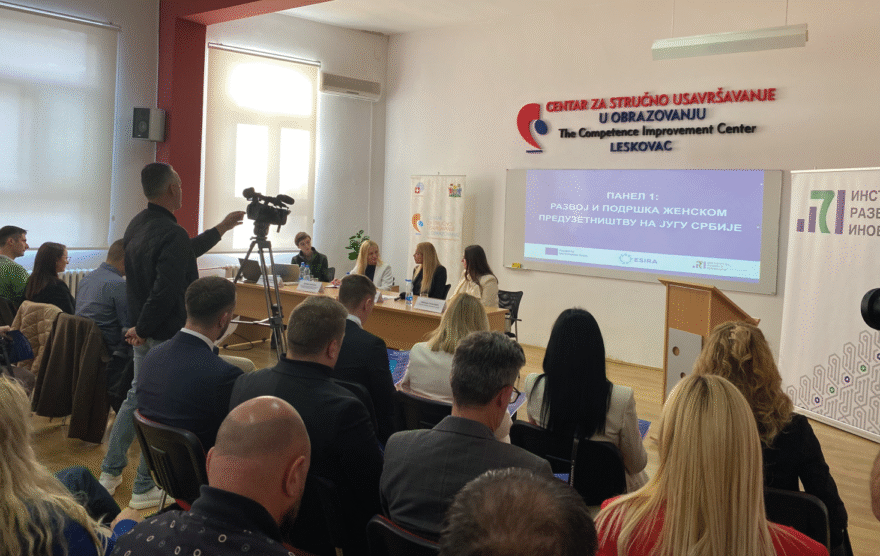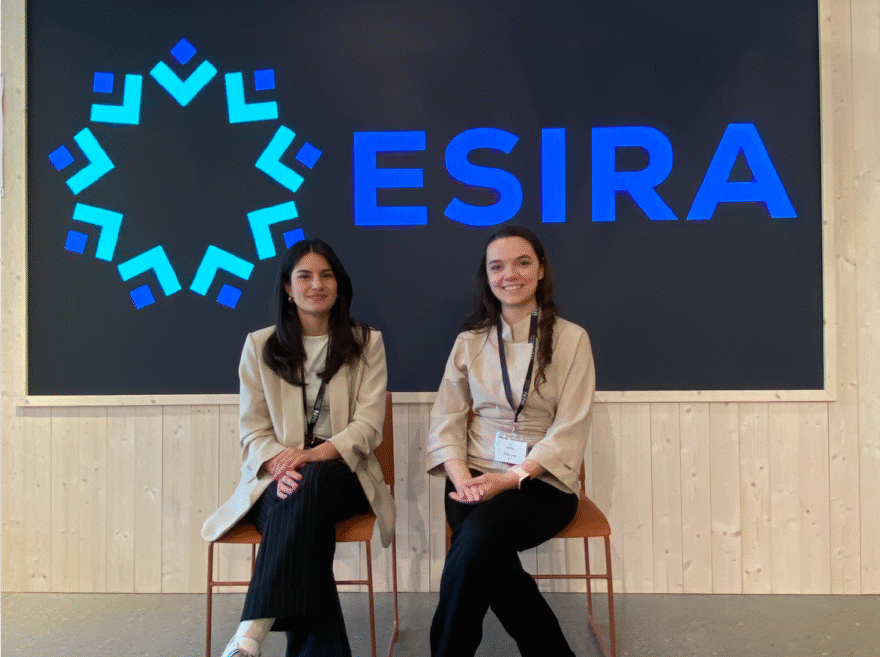ESIRA (Enhancing Social Innovation in Rural Areas) is a development project supported by the European Commission through the Horizon Europe programme.
This four-year project, running from 2024 to 2027, aims to improve the socio-economic conditions of populations in rural areas through the application of innovative approaches to social inclusion and the economic empowerment of marginalized groups.
The project consortium consists of 15 organizations from eight European countries – Spain, Italy, Hungary, Poland, France, Lithuania, Norway, and Serbia. Partners include universities, research institutes, professional associations, and non-governmental organizations. The project has a total budget of 4.5 million euros.
Rural areas across Europe face numerous challenges, including high unemployment rates, population decline, limited access to public services, and underdeveloped entrepreneurial infrastructure. Similarly, in Serbia, regional disparities in the labour market are pronounced. While the northern part of the country shows progress in economic inclusion, the southern and eastern regions continue to face structural challenges. According to the Statistical Office of the Republic of Serbia, the youth unemployment rate (ages 15–30) in the region of Southern and Eastern Serbia is 21.4%, nearly twice that of the Belgrade region.
These figures highlight the need for targeted, regionally adapted socio-economic initiatives. This includes economic measures to promote youth participation in the labour market, as well as strengthening the capacity of local communities to provide access to training, mentoring programs, and financial instruments. Without such interventions, the risk of long-term social exclusion and population outflow remains extremely high, particularly in less developed regions.
The main objective of the ESIRA project is to reduce unemployment and social exclusion in rural communities by enhancing local social networks and supporting innovative initiatives. In Serbia, the focus is particularly on mapped marginalized groups, including NEET youth (not in education, employment, or training), women, and local entrepreneurs.
Jablanica and Pčinja are among the nine selected pilot locations across Europe where the ESIRA project is being implemented.
As a project partner, the Institute for Development and Innovation (IRI) implements activities in the Jablanica and Pčinja districts, which are among nine pilot locations across Europe. Activities include mapping marginalized groups, analyzing their socio-economic conditions, and developing tailored initiatives aimed at their economic and social empowerment.
The Institute’s role in the ESIRA project is both research-oriented and implementation-driven. The project integrates empirical research and analysis with practical field application, enabling the creation of sustainable solutions adapted to the specific needs of local communities.
Through its participation in ESIRA, the Institute aims to empower economically vulnerable individuals and communities, reduce regional inequalities, and promote inclusive and sustainable development.
The project builds on other programmatic activities of the Institute for Development and Innovation focused on public policy development in employment and regional development, representing an important step toward systematic support for rural areas in Serbia.




